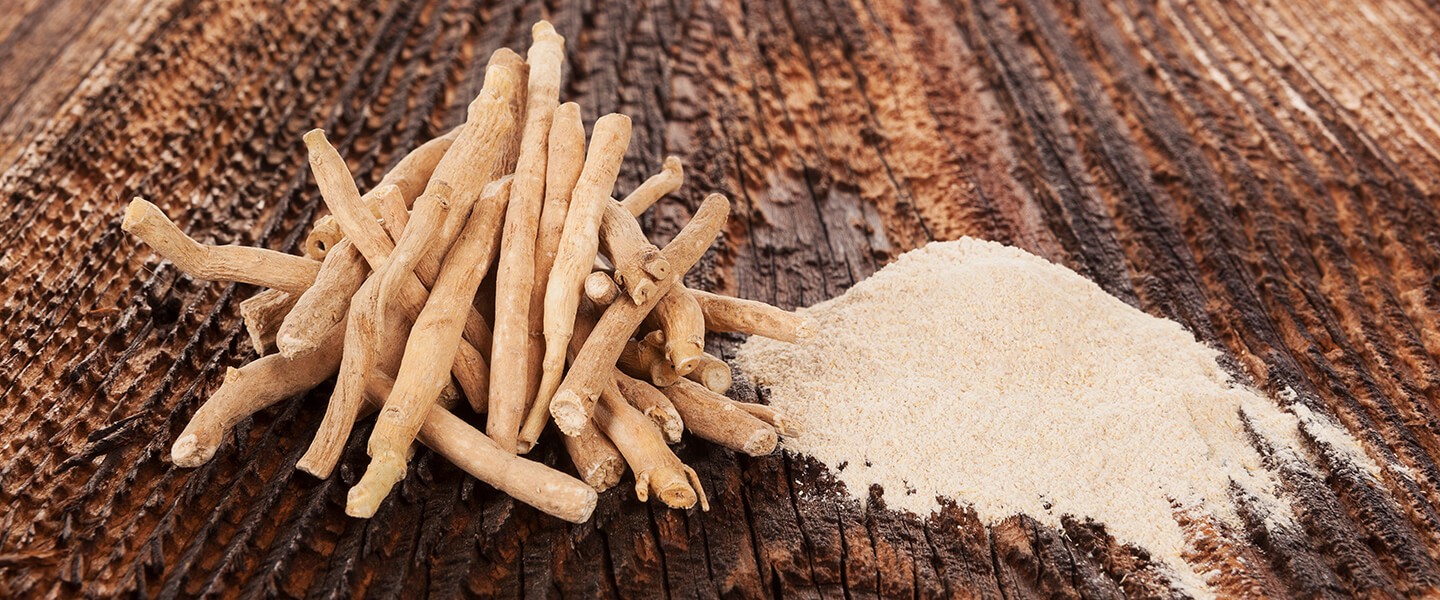Medicinal Herb May Relieve Worsening Symptoms of Schizophrenia
Medicinal Herb May Relieve Worsening Symptoms of Schizophrenia

A small clinical trial reported July 10 in the Journal of Clinical Psychiatry suggests that patients with schizophrenia whose symptoms have recently worsened may benefit from taking a medicinal herb called ashwagandha in addition to their regular medications.
Ashwagandha, or Withania somnifera, has been used as a traditional medicine in India for thousands of years. In a randomized study involving 66 patients, it was more effective than a placebo at reducing the “negative” and other general symptoms of schizophrenia as well as patients’ stress over a 12-week treatment period.
The negative symptoms of schizophrenia include social withdrawal, poverty of speech and difficulty showing emotions. These tend to be the symptoms that patients and families say are most disruptive to their lives, and they are harder to treat than the disorder’s “positive” symptoms—hallucinations, delusions, and other disturbances in thinking. The latter are successfully managed in many patients with currently available antipsychotic medicines.
K.N. Roy Chengappa, M.D., FRCPC, a 2007 and 2004 Brain & Behavior Research Foundation (BBRF) Independent Investigator at the University of Pittsburgh Medical Center, led the study investigating ashwagandha’s effects. He and his team, including 2004 BBRF Young Investigator Jaspreet S. Brar, MBBS, Ph.D., also at the University of Pittsburgh Medical Center, were hopeful that it might help patients with schizophrenia because the herb is thought to have anti-inflammatory and immune system-modulating effects. Some scientists suspect excessive inflammation contributes to the symptoms of schizophrenia.
Participants in the study were in their mid-to-late 40s and had been living with schizophrenia for more than 20 years. All were taking antipsychotic medications, and all had experienced recent exacerbations in their symptoms. During the clinical trial, they continued their regular medications and also took either an ashwagandha extract or a placebo each day, for 3 months.
Dr. Chengappa and his colleagues began evaluating the effects of the treatment after two weeks. Beginning at 4 weeks and through the end of the 12-week study, patients receiving ashwagandha exhibited significantly greater reductions in negative symptoms than those taking the placebo. They also experienced a greater reduction in general psychiatric symptoms, such as depression and anxiety. Ashwagandha had no significant effect on patients’ positive schizophrenia symptoms. Side-effects were transient and mild, sedation being more common in those taking ashwagandha than placebo, Dr. Chengappa says.



